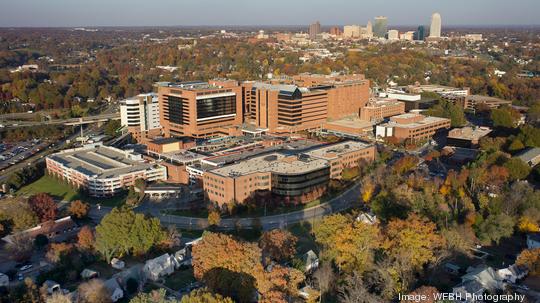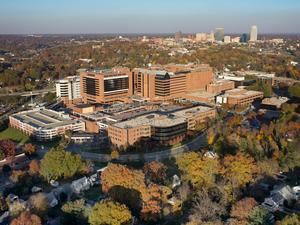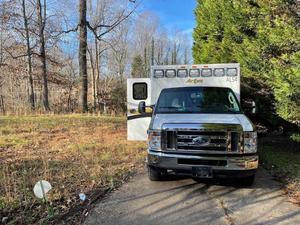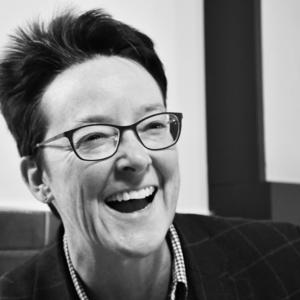
Wake Forest Baptist Health has received a $2.5 million grant from the National Cancer Institute (NCI) to support research efforts at Wake Forest Organoid Research Center (WFORCE) for aggressive cancers.
The funding supports the development of a new drug testing platform that predicts treatment outcomes.
The platform also leverages tissue bioengineering advances and genomic technologies to reconstruct and grow patient-derived tumor organoids in the presence of different drugs to predict clinical responses of patients and guide treatment selection.
Organoids are created with a tissue biopsy of the tumor. The cells from the biopsy are used to grow small tumors called “organoids” in the lab which behave similarly to the original tumor. The organoid accurately represents what occurs inside the patient’s body.
An important purpose of organoids is that they are used to choose the best chemotherapy treatment. Organoids are exposed to various potential treatments and by observing their response, the most beneficial option is chosen.
“Every time cancer cells multiply, they generate the next generation of cancer cells with new properties,” said Dr. Konstantinos Votanopoulos, professor of surgery and director of WFORCE.
“As the cancer progresses, the patient ends up with not just a single tumor, but many different tumor clones with variable biologic behavior and response to treatment. Accurate mapping of tumor clonality, combined with response of each clone to therapy is the key for the development of personalized treatment strategies tailored to each patient separately.”
WFORCE is a joint effort between the Wake Forest Baptist Comprehensive Cancer Center and the Wake Forest Institute for Regenerative Medicine (WFIRM) to tailor personalized therapy for patients.
Votanopoulos, along with Dr. Lance D. Miller, associate professor in cancer biology, are the principal investigators of the grant with co-investigator Dr. Shay Soker, chief science officer and WFIRM professor.
Their research will focus on determining clonality-based treatment response of high prevalence cancers such as colon cancer.
“How patients respond to treatment varies widely, and this represents a major clinical challenge our grant seeks to address,” Miller said. “This genetic variation that occurs when the cancer cells multiply is believed to explain why most, but not all of a patient’s cancer can initially respond well to chemotherapy, but eventually return in a drug-resistant form.”
According to Soker, this project will generate new knowledge of how certain mutations, whether alone or in combination, affect response to specific drugs. Soker said that the results of these studies will be leveraged in a future clinical trial.
Researchers and clinicians work together through WFORCE to leverage the use of tissue organoid technology to tailor personalized therapy for patients, which was formed in early 2020.
WFORCE combines multi-disciplinary clinical trial and patient care expertise through the NCI-designated Wake Forest Baptist Comprehensive Cancer Center and ground-breaking innovation and technology through WFIRM.
In November 2020, WFBH received a one-year grant of $775,000 from the NCI to improve access to cancer clinical trials for underserved, rural populations.





